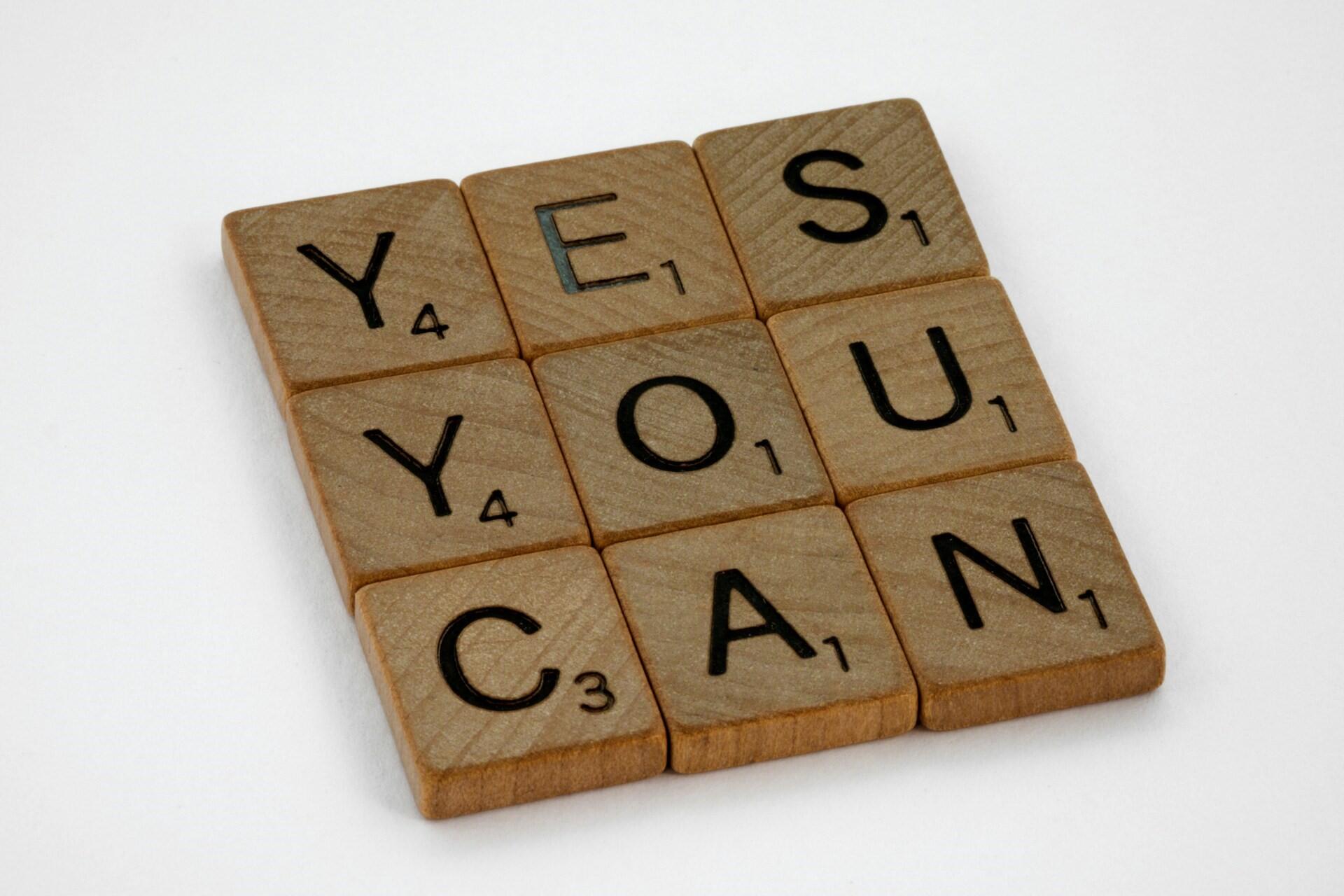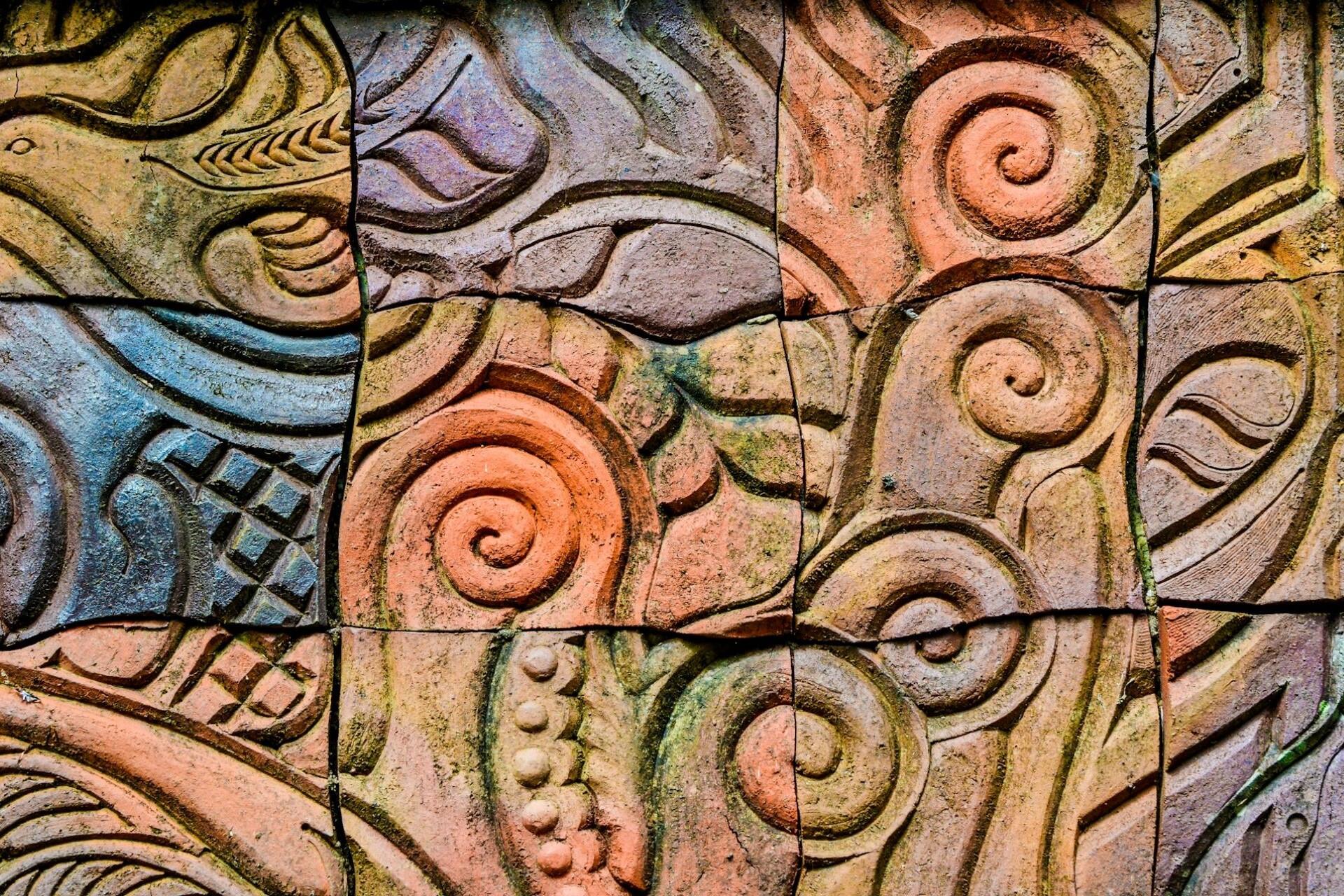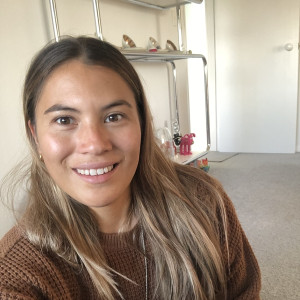In English, we say "hello". However, in Māori, you can use "kia ora", which is more than just a greeting. It carries the profound meaning of 'have life' or 'be healthy', a concept that resonates deeply with the Māori culture. The depth and beauty of the Māori language are something we can all appreciate and be inspired by. Here's our quick guide to expressing encouragement in Māori, along with some of our favourite expressions.
Key Takeaways
- Māori phrases of encouragement express support, effort, and resilience, not just praise or congratulations.
- Expressions like kia kaha, kia māia, and kia manawanui are used to motivate someone during challenges rather than to judge performance.
- Phrases such as ka pai tō mahi and kua taea e koe are used to recognise achievement once something has been completed.
- Some Māori expressions are context-specific and should be used thoughtfully to avoid sounding unnatural or disrespectful.
- Understanding when to use encouragement, praise, or whakataukī is just as important as knowing their literal translations.
- Using te reo Māori with care shows respect for both the language and Māori culture, especially when learning as a non-native speaker.
| Māori phrase | Pronunciation (approx.) | English translation | When to use / meaning |
|---|---|---|---|
| Ka pai tō mahi | kah pah-ee toh mah-hee | Well done | Praising someone’s work or effort |
| Kei runga noa atu koe | kay oo-roo-nga noh-ah ah-too kweh | Above and beyond | Exceptional effort or achievement |
| Kua taea e koe | koo tah-eh-ah eh koh-eh | You’ve achieved it | Celebrating success or completion |
| Ka taea e koe | kah tah-eh-ah eh koh-eh | You can do it | Encouraging someone before or during a challenge |
| Kia kaha | kee-ah kah-hah | Be strong | Offering support in difficult situations |
| Kia māia | kee-ah mah-ee-ah | Be brave | Encouraging courage in new situations |
| Kia toa | kee-ah toh-ah | Be courageous | Motivating someone facing fear or hesitation |
| Kia manawanui | kee-ah mah-nah-wah-noo-ee | Be patient and steadfast | Supporting long-term effort or resilience |
| Kia manawaroa | kee-ah mah-nah-wah-roh-ah | Be resilient | Encouragement during tough times |
| Kia ū ki te ara | kee-ah oo kee teh ah-rah | Stay on the path | Encouraging persistence |
| Me whakapau kaha | meh fah-kah-pow kah-hah | Put in your best effort | Motivating effort at work or school |
| Whāia te iti kahurangi | fah-ee-ah teh ee-tee kah-hoo-rah-ngi | Pursue that which is precious | Encouraging ambition or high goals |
| Anei te manaakitanga | ah-neh-ee teh mah-nah-ah-kee-tah-ngah | Here is the support | Offering support or goodwill |
| Mā te aha i tēnei | mah teh ah-hah ee teh-nay | This is just the beginning | Encouraging perspective and patience |
| Kaua e mate wheke, mate ururoa | koh-ah eh mah-teh weh-keh mah-teh oo-roo-roh-ah | Don’t give up | Motivational proverb about perseverance |

When and How to Use Māori Phrases of Encouragement
In this article, we've picked out some expressions we like on a linguistic level. However, it's crucial to remember that not every expression is automatically appropriate in every situation, and you might want to start with the most basic Māori expressions. It's a sign of respect and consideration to ask a native Māori speaker where and when to use them.
people in New Zealand can now hold a conversation in te reo Māori
Standard expressions are reasonably safe to use in many situations. Still, idiomatic expressions need to be used more carefully. They often have standard, expected uses, and using them in the wrong situations isn't advised.
Māori phrases of encouragement carry both cultural and linguistic meaning. While many expressions are safe to use in everyday situations, some phrases are more appropriate in specific contexts or relationships. When in doubt, start with widely used expressions and pay attention to how native speakers use them. Showing care in how and when you use te reo Māori is a sign of respect, not hesitation.
Kia kaha! — Be strong
In Māori, the term "kia" literally means "be". In the same way that "kia ora" means "be healthy", "kia kaha" means "be strong". This isn't used critically but in a supportive way, encouraging somebody to be strong when they find themselves in a difficult situation.
Kia māia! — Be brave
"Kia māia" is Māori for "be brave". You can use this when somebody is doing something new, like starting a new job, or about to take on a new challenge, such as giving a presentation. Again, these expressions aren't used critically. Instead, they're great for offering encouragement.

Kia manawanui! — Be patient and steadfast
This Māori expression means "be patient and steadfast". It is another way to offer support to someone who is struggling. It's a handy expression if the person has needed encouragement for a while.
Kia ū ki te ara! — Stay on the path
This expression literally means "stay on the path", but you could imagine it as an expression that means "keep going." It's perfect for encouraging or offering support to someone whose enthusiasm is waning during a long struggle.

Kia manawaroa! — Be resilient
This Māori phrase means "be resilient". This is a good one if things get tough, and somebody could do with some encouragement.
Kia toa! — Be courageous
The last of our "kia" expressions means "be courageous". This is a lovely te reo Māori expression if someone shows fear or hesitation. As with all the "kia" expressions, remember that this isn't dismissive or critical but instead motivational and can be used to encourage people.
Not all Māori encouragement phrases mean the same thing. Some expressions motivate someone during effort (kia kaha, ka taea e koe), while others recognise achievement (ka pai tō mahi, kua taea e koe). A smaller number functions like congratulations, marking success rather than effort. Choosing the right phrase helps your words feel natural and sincere rather than awkward or misplaced.
Ka pai tō mahi! — Well done
They say a job well done is its own reward, but it's nice to tell somebody they've done an excellent job. This is the te reo Māori for "your work is good". You can use it specifically to praise somebody's work or effort in various situations.

Ka taea e koe! — You can do it
This sentence, like "you can do it" in English, is an excellent way to encourage somebody in various situations. Whether learning in school, doing some work, or trying to overcome a challenging situation, it's also lovely to remind people that they're more than capable of succeeding—or at least that you believe they are.
Whāia te iti kahurangi! — Pursue that which is precious
This beautiful te reo Māori expression translates into English as "pursue that which is precious". This is one of the more poetic expressions, but it can generally be used to encourage someone who's pursuing lofty ambitions or goals. It would likely feel out of place in a situation where "Ka taea e koe!" would suffice. As with every expression, from wishing encouragement to signing off in an email, choose your words appropriately.
Me whakapau kaha! — Put in your best effort
This te reo Māori expression means "put in your best effort". Whether at home, school, or work, this expression applies to us all and can encourage one another in various challenging situations.
Anei te manaakitanga! — Here is the support
The English translation of this expression is "here is the support/blessing". It doesn't sound very elegant in English, but in te reo Māori you can use this expression to show support or, literally, to give blessings.
Mā te aha i tēnei! — This is just the beginning
This is the te reo Māori for "this is just the beginning". You can use this to remind somebody that there's more to come. Use this expression to manage expectations, especially in challenging situations.
Kei runga noa atu koe! — Above and beyond
This is a fun expression in the Māori language that means "you are above and beyond". It is an excellent way to compliment somebody on exceptional efforts or achievements in school, work, or any other challenging situation. If you want to take your Māori above and beyond, why not learn the pronouns in Māori?
Kua taea e koe! — You've achieved it
A bit like Dora the Explorer's Spanish when she says "lo hicimos," this expression means "you have achieved it." Admittedly, Dora's Spanish means "we did it," but the sentiment is the same. This is an excellent way to celebrate somebody's success, regardless of the situation. If somebody achieves something, recognise it!
Kaua e mate wheke, mate ururoa!
This Māori proverb is one of our favourites. It means, "Don't die like an octopus, die like a hammerhead shark!" It means don't give up, no matter how hard things get. It's incredibly poetic and beautiful and one of our favourite examples of the Māori language.

Here's a quick summary of all of today's expressions and their typical uses for your vocabulary lists:
| Expression | Translation | Typical Situation |
|---|---|---|
| Kia kaha! | Be strong! | Encouraging someone in a difficult situation |
| Kia māia! | Be brave! | Urging someone to face a new challenge |
| Kia manawanui! | Be patient and steadfast! | Encouraging perseverance |
| Kia ū ki te ara! | Stay on the path! | Motivating someone to continue their efforts |
| Kia toa! | Be courageous! | Reassuring someone who is hesitant |
| Ka pai tō mahi! | Your work is good! | Praising someone's good work or effort |
| Ka taea e koe! | You can do it! | Boosting someone's confidence |
| Whāia te iti kahurangi! | Pursue that which is precious! | Encouraging high aspirations |
| Me whakapau kaha! | Put in your best effort! | Urging someone to give their all |
| Anei te manaakitanga! | Here is the support/blessing! | Showing support or giving blessings |
| Kia manawaroa! | Be resilient! | Encouraging endurance in tough times |
| Mā te aha i tēnei! | This is just the beginning! | Reminding that there is more to come |
| Kei runga noa atu koe! | You are above and beyond! | Complimenting exceptional efforts or achievements |
| Kua taea e koe! | You have achieved it! | Celebrating someone's success |
| Kaua e mate wheke, mate ururoa! | Don’t die like an octopus, die like a hammerhead shark! | Encouraging perseverance and fighting spirit |
Whakataukī: Māori Proverbs That Inspire and Encourage
While not expressions of encouragement, there are also plenty of wonderful Māori proverbs that you should also learn. These proverbs often reflect the values and beliefs of the Māori culture, offering insights into their worldview and way of life.
- He aha te mea nui o te ao? He tangata, he tangata, he tangata. - What is the most important thing in the world? It is people, it is people, it is people.
- Ehara taku toa i te toa takitahi, engari he toa takitini. - My strength is not as an individual, but as a collective.
- Nāu te rourou, nāku te rourou, ka ora ai te iwi. - With your food basket and my food basket, the people will thrive.
- He kai kei aku ringa. - There is food at the end of my hands (I can make a living).
- He tangata takahi manuhiri, he marae puehu. - A person who mistreats his guest has a dusty marae (courtyard).
- Ka pū te ruha, ka hao te rangatahi. - As an old net withers, another is remade (signifying the passing of the mantle to the next generation).
- Waiho mā te whakamā e patu. - Let shame be the punishment.
- He toka tū moana. - Like a rock standing in the ocean (a person who stands firm in their beliefs).
- Whāia te iti kahurangi ki te tūohu koe me he maunga teitei. - Pursue excellence - should you stumble, let it be to a lofty mountain.
- E kore te patiki e hoki ki tōna puehu. - The flounder does not return to its dust (don't make the same mistake twice).
- Toitu he kāinga, whatu ngarongaro he tangata. - People come and go, but the land remains.
- He tangata ki tahi. - A man who speaks once (a person who keeps their word).
- He aroha whakatō, he aroha ka puta mai. - If kindness is sown, then kindness you shall receive.
- Kia mau ki te aka matua; kei mau ki te aka tāepa. - Hold fast to the main vine, not the loose one (hold on to what is dependable).
To better understand these expressions and how they're formed, it's worthwhile studying Māori syntax.

Whakataukī (proverbs) are not casual expressions. They carry history, values, and layered meaning. While they can inspire and encourage, they are traditionally used with intention and context. Using a proverb simply because it sounds poetic can feel out of place. Learning when and why whakataukī are used is just as important as knowing their translations.
How to Learn and Use Māori Encouragement Phrases Confidently
If you need help learning Māori, we recommend getting help from a teacher or a tutor. Working with a teacher as part of a class is usually cheaper, but the more significant the class, the less each lesson will be tailored to you and what you want to learn. The benefits of classroom learning are that there will be other students from whom you can learn. After all, peer learning is an important part of the process, and many students feel more comfortable learning and practising a new language with peers whose abilities are similar to their own. Conversely, a private tutor can tailor every lesson and activity to you, ensuring you learn what you want in a way that works for you. Whether they start with basics, like saying happy birthday, or something specific that you might need for work, every minute of every session can be tailored to you.
A tutor adapts lessons to your level, goals, and confidence, whether you are learning basic encouragement phrases or more complex whakataukī.
Te reo Māori pronunciation and rhythm matter. A tutor helps you sound natural and avoid common mistakes early.
Tutors explain when and why certain encouragement phrases are used, helping you avoid using expressions out of context.
You can practise speaking freely and receive corrections in real time, which builds confidence much faster than self-study.
Whether you want Māori phrases for work, school, community use, or personal interest, tutoring can be tailored to your needs.
One-to-one learning reinforces understanding through conversation, repetition, and real-life examples rather than memorisation alone.
On the Superprof website, many of our tutors offer the first session for free, so you can try several tutors before choosing the one that's right for you. To learn te reo with a private tutor, just search for "Māori" on the Superprof website today!
Summarise with AI:















